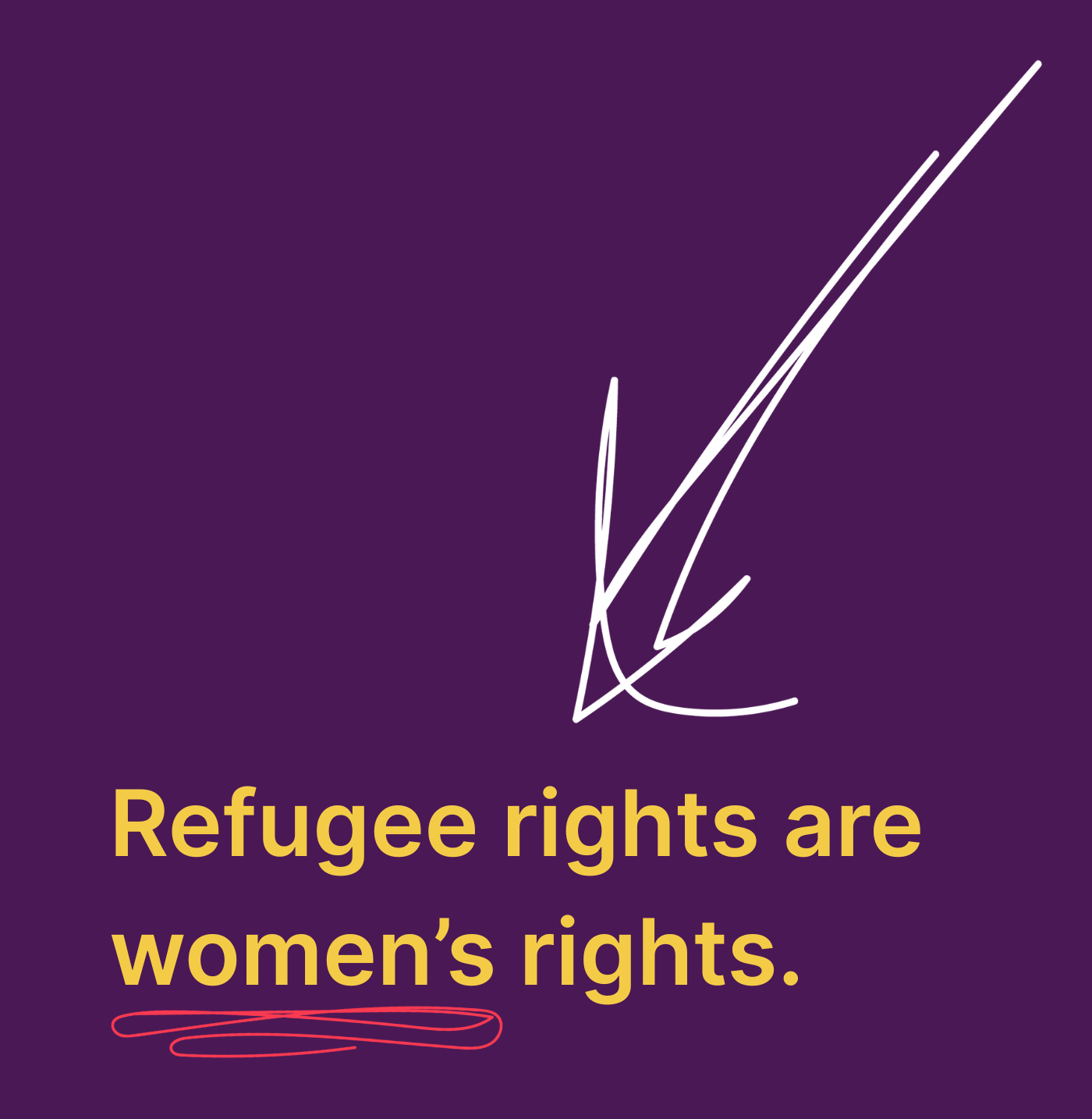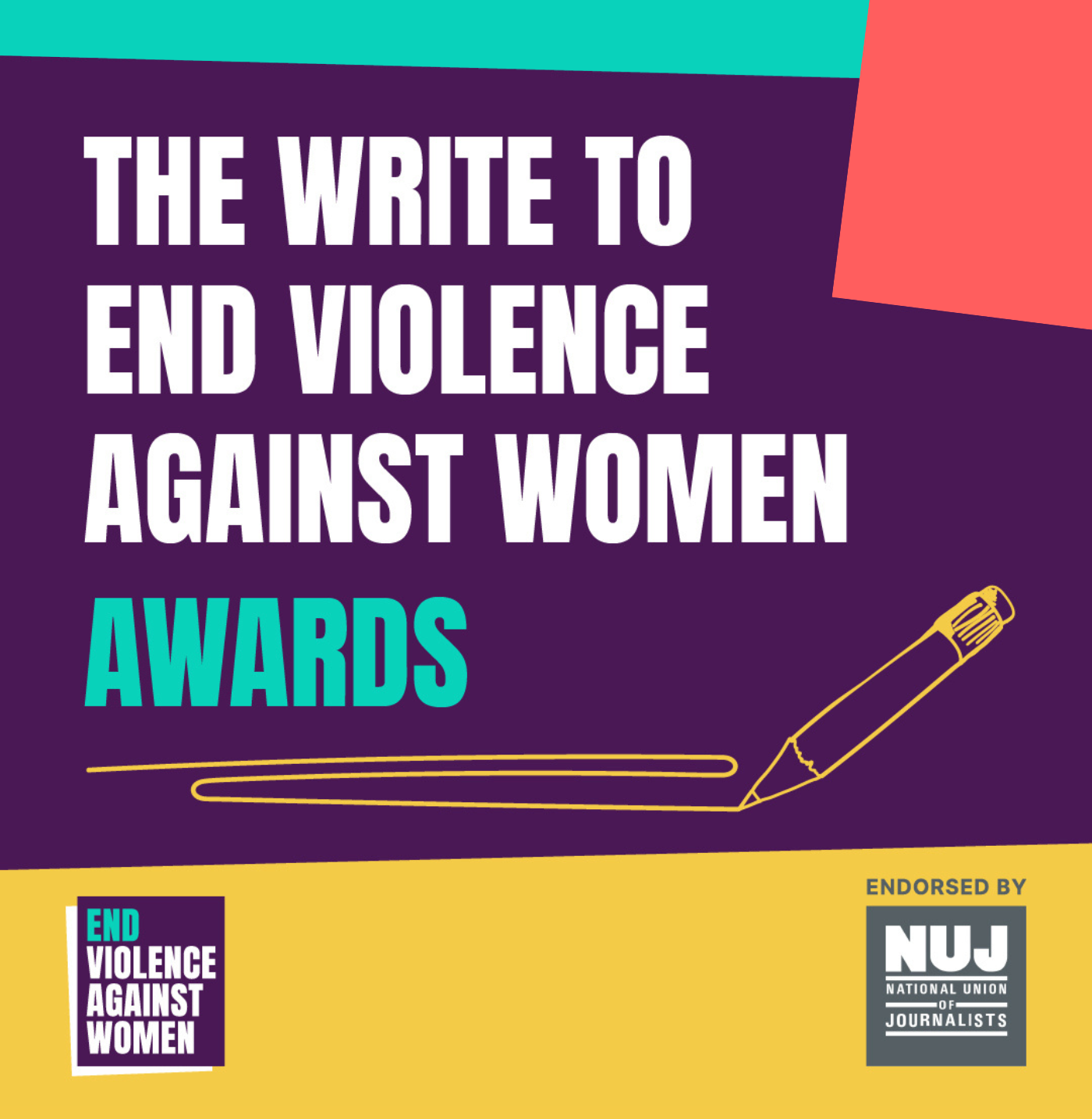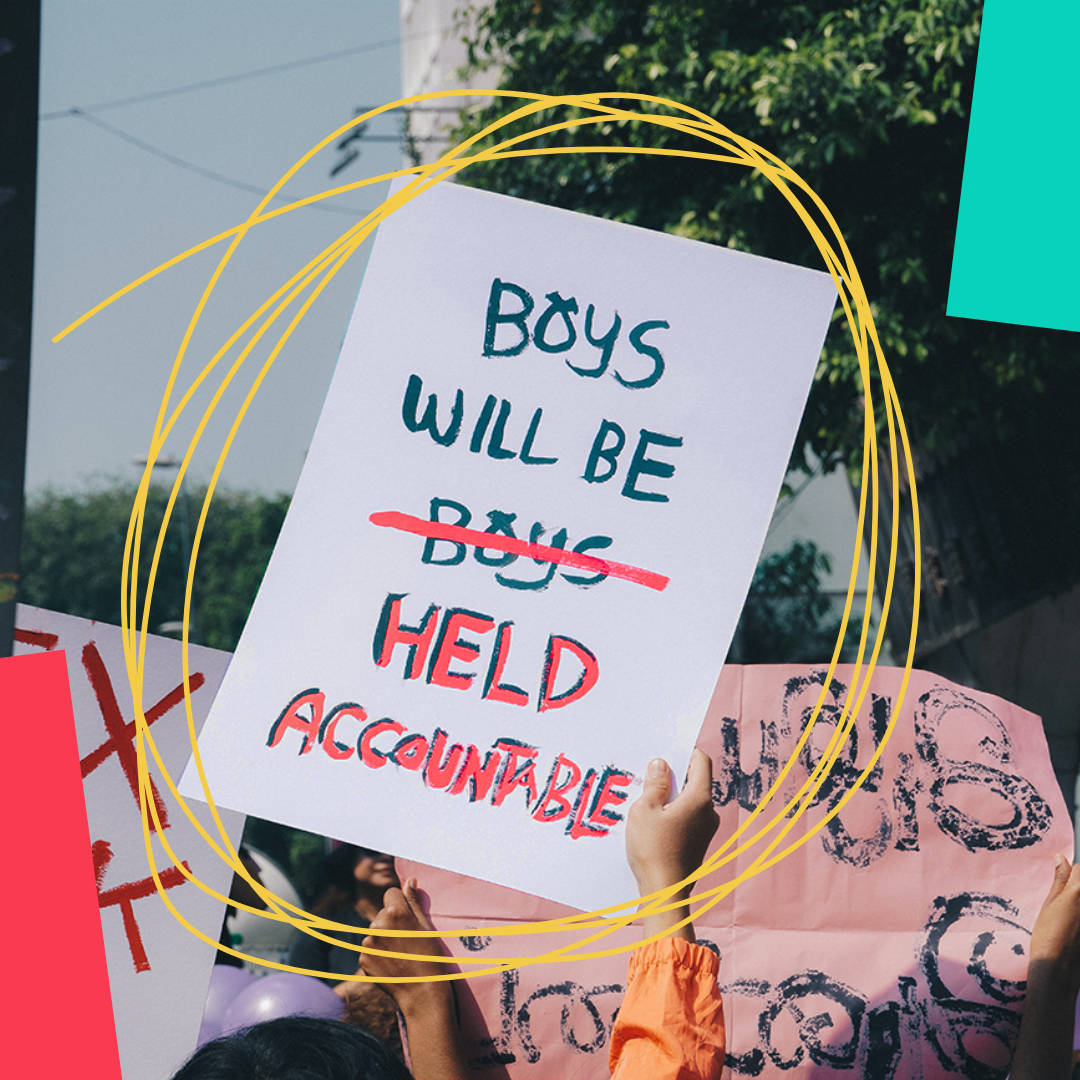 17 Nov
17 Nov
The Office for National Statistics (ONS) has today (27th January 2022) released its latest crime figures, showing that for the 12-month period ending in September 2021, sexual offences recorded by the police were the highest on record, at 170,973 offences – a 12% increase from the same period in 2020. Rape accounted for 37% of these offences, with 63,136 offences recorded in the same annual period, again the highest number of offences on record.
While the number of recorded sexual and rape offences were lower during periods of lockdown, there have been substantial increases in reports to police since April 2021. The number of recorded offences doesn’t necessarily mean there have been more rapes and sexual offences that in previous years, and may reflect greater awareness and inclination to report to police. Despite this, this data takes us a step closer to understanding the scale of rape and sexual assault in the UK.
However, we know that these figures are still just the tip of the iceberg, as many women do not feel able to report to police, for reasons ranging from societal cultures of victim-blaming, to myths and stereotypes that impact how survivors are treated by the police.
There are particular barriers to reporting experienced by Black and minoritised women and all who face discriminatory treatment from authorities on the basis of their race, gender, class, migration status, disability and other characteristics. This includes lack of safe reporting pathways for migrant women that would prevent their information being shared with the Home Office for immigration enforcement purposes.
Increased reporting but system still broken
This increase in reporting makes it more important than ever that we fix our broken justice system, so that all women who take the step to report rape and sexual assault see the justice they deserve, and are treated fairly in the process.
However the latest Home Office data released today shows the dire outcomes of police reports – with just 2.9% of reported sexual offences and 1.3% of recorded rapes resulting in a charge or summons. This has fallen from the previous 12-month period to September 2020, in which charges or summons were brought in 3.6% of sexual offences and 1.5% of rapes.
The data also shows 41% of rape victims are ‘withdrawing their support for action’ during the criminal justice process. But rather than survivors ‘dropping out’ of prosecutions, this data illustrates the many barriers obstructing survivors’ access to justice and a system that is stacked against and failing survivors.
Andrea Simon, Director of the End Violence Against Women Coalition (EVAW), said:
“Recent high profile cases of violence against women have put sexual offences on the agenda like never before. But as more women are coming forward to report rape and sexual assault, they’re being confronted by a system that blames them, inappropriately focuses on their ‘credibility’ rather than the actions of the perpetrator, treats them poorly and ultimately is unlikely to bring them justice.
This is just not good enough. We’ve had the Rape Review and the first set of rape scorecards published, and yet the picture for how rape is treated in the criminal justice system remains the same.
These figures should be a wake up call to government that our justice system is broken and needs a radical overhaul to address the epidemic of sexual violence against women and girls. Otherwise, despite the government’s commitments and promises, justice for women will continue to be out of reach.”
ENDS
Media contact
Sinead Geoghegan, Communications Manager, sinead.geoghegan@evaw.org.uk 07960 744 502
Recommended ARTICLES
 17 Nov
17 Nov
 11 Nov
11 Nov
 05 Nov
05 Nov

